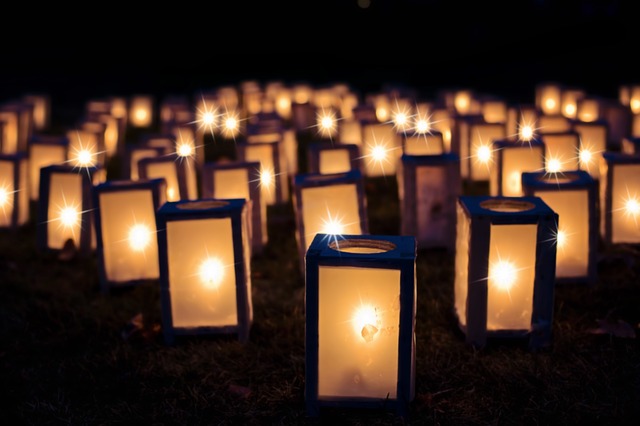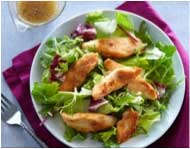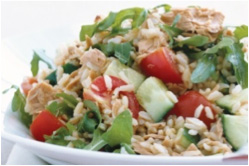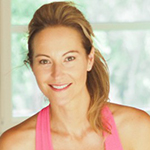I’ve been writing Young Adult novels since my first baby was born fourteen years ago. Her arrival was the impetus for me to commit to writing after years of insisting that I’d get around to it ‘as soon as I have time’ (ironic, since her blanket disregard for sleep meant that I had less time than ever). But the desire to write Young Adult fiction in particular came earlier. I can trace it directly to a novel called Feeling Sorry For Celia by Jaclyn Moriarty, which I read in my mid-twenties. It’s about a teenager whose free-spirited best friend has run away from home. From aged fifteen I was in such a hurry to grow up – or to get away from my story-so-far. Feeling Sorry For Celia made me stop dead in my tracks and look over my shoulder. This is exactly what it was like, I remember thinking. I was transported by a clever, funny story back to those intense, rotten, mystifying years. The time in between had sharpened my focus and I felt inspired to examine what I’d been so keen to escape.
Since then I’ve produced Young Adult novels and babies at a rate of two-to-one, and I’m pleased to announce the birth of my fourth, I Am Out With Lanterns (I’ll explain the unusual name in a moment). This latest novel, created during my first-born’s early teenage years, turned my thoughts to the concept of narrative power. As a writer, I start out as the one in control – my characters in a scenario of my making – but more often than not, at some point in the process, that control feels as if it’s been wrested from my grasp. If you’re a writer, you’ll know what I mean – if you’ve parented a teenager, this might feel familiar to you, too.
Parents start out with the ultimate narrative power. We choose their name, dress them, decide what they’re going to eat (well, we give it a red-hot go), and direct them on how to behave. Say please. Don’t touch that. Thank you for this Playdoh cake, that’s so kind. Better not put that up your nose, actually. You’re a very good girl. Uh-uh, that’s not nice. We’re so busy directing, but can we remember what’s it like to be directed so intently? I distinctly remember one visit to the ice cream parlour with my parents and little brother. I was just tall enough to see all the flavours; my brother, a head shorter, bounced up and down beside me. Behind us, as we gazed through the glass, my parents discussed how original I was for always choosing pistachio. I do? I thought. Mature, they were saying. I am? Well, that sounded like something I should definitely think about continuing. I suppose I must have asked for pistachio once or twice before this visit, I couldn’t remember – as far as I was concerned, all ice cream was delicious. ‘Pistachio, please,’ I said. Deep down I was thinking, does this mean I’ll never be able to order chocolate? Eager to please, I wasn’t just ordering ice cream, I was fitting into an appealing narrative in which I got to be some kind of dessert sophisticate. While it looked like I was making a choice, my parents were writing my story.
Fast-forward to being the parent; kids aged 14 and 11. One of our favourite dinner-table conversations opens with one of them saying, “Tell us what we were like when we were little”. Of course they have their own store of childhood memories, but nothing like my jam-packed vault, nor the clarity or perspective. I tell them stories in which they are naughty, because it makes them laugh (that time you convinced me the cat was up the chimney). I tell them about things they’ve survived, because it makes them feel brave – (that time you got lost at a street festival; that time a child sank his teeth into both of your chubby arms at an indoor playcentre). In my stories they are resilient, hilarious, silly, the centre of every tale. They soak it all up. I’m the one with the narrative, and they’re the main characters.
When I started writing I Am Out With Lanterns it was about two teenage artists, one powerful portrait, and a girl who didn’t realise she was somebody’s muse. As a teenager I’d been fascinated by The Picture of Dorian Gray by Oscar Wilde, and I wanted to explore the idea of a portrait influencing feeling and behaviour during those intense years. I was thinking about the concept of a muse – what it would be like to have one, or be one. What if your dad was a painter, and all he ever painted was you? I was thinking about self-portraiture, too, and from there ‘selfies’, our use of Instagram, how we mock young girls for their poses, and call them vain; the way we catalogue our children’s early lives on social media and a blink later give them lectures about privacy and online safety.
Then, in June 2016, news stories were breaking about high-school students running social media accounts consisting of photos of girls – images that had perhaps been shared with a (now ex-) boyfriend, or ones that had been taken without permission. Experts commented that this was part of the ‘fun’ for the boys who took part: the stalking, the invasion. Some of the girls were still in primary school. ‘Likers’ were encouraged to vote for the ‘Slut of the Year’. After an investigation a few male students were expelled.
A remark in the comments section stuck with me. ‘Boys will be boys’, one father insisted. And I thought, this is the terrible narrative we start feeding them from day dot: that there is inevitability to boys being abusive and disrespectful towards girls. We write it off as ‘masculine hi-jinks’. It’s natural, we tell them. ‘Boys will be boys’, subtext: it’s the girls who need to be careful. Such casually given, heavily loaded phrases are slow-drip toxic.
In one of the newspaper reports, a mother commented: “I am still left with a little girl who is confused, who has had her innocence taken away from her and is embarrassed.” I couldn’t stop thinking about all of those girls – what terrible narrative they’d walked into, and how incapable we were as a culture of tackling the source of the problem.
From that moment I decided that I Am Out With Lanterns would be about how we all contribute to this toxicity. When someone says the phrase ‘toxic masculinity’ now, hackles get raised just as they are if you say ‘feminist’ in certain circles. However, the drive to detox is by no means anti-boy – and nor is my book. It’s about widening the definition for boys – just as we’ve been doing for women for decades and still strive for – and confronting those behaviours that cause harm. My second-born is a son, and if anything’s taught me that boys need protection from toxic masculinity as much as girls, it’s raising him.
Perhaps more importantly, I Am Out With Lanterns is also about where empowerment can be found – for the girls who need it, and for the boys who defy a more traditional definition of manliness. It’s a story about perspective, the incredible narrative power that we have over our children’s lives, and of the teenage years when they take over. It’s about claiming, or reclaiming, yourself. As Frida Kahlo put it: being your own muse.
Who will read my book? I should think girls and women will, and that’s okay, for now. The book is pink, and we have a long way to go.
I promised to explain the unusual name. It’s taken from a letter written by the poet Emily Dickinson in 1855. She was writing to explain her feelings of displacement on moving house – being an anxious, home-loving sort of person. I am out with lanterns, looking for myself, she wrote to a friend. To me, it’s a perfect fit for Young Adult literature, capturing that time in your life when you’ve wriggled free from your narrator, walked bravely across the page, and turned it over to begin your next chapter.
Emily Gale has been involved in the children’s book industry for twenty years: as an editor, freelance writer, literary agent and children’s book buyer. Emily’s writing includes Eliza Bloom’s Diary (2014), Girl, Aloud (2009), Steal My Sunshine (2013), The Other Side of Summer (2016) and I Am Out with Lanterns (2018). In 2017 The Other Side of Summer was shortlisted for the Victorian Premier’s Literary Awards and the Aurealis Awards.
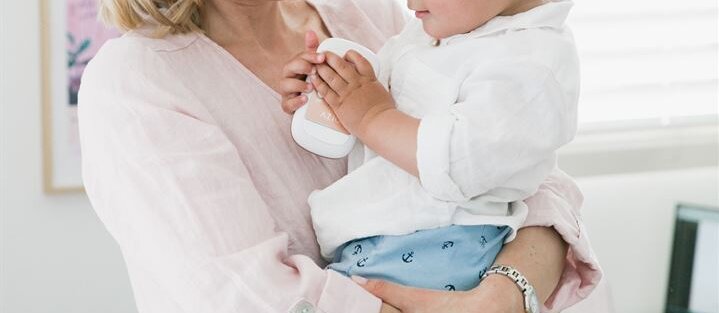

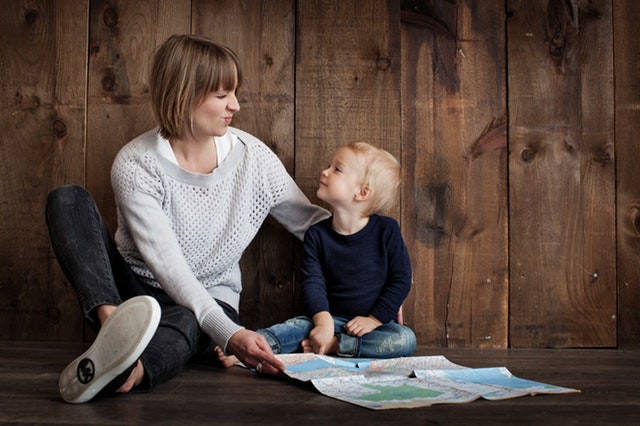

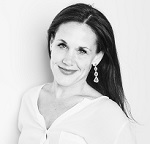 Heather Nichols
Heather Nichols